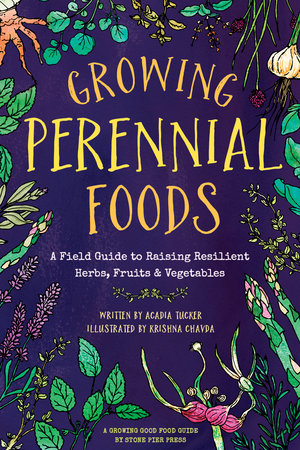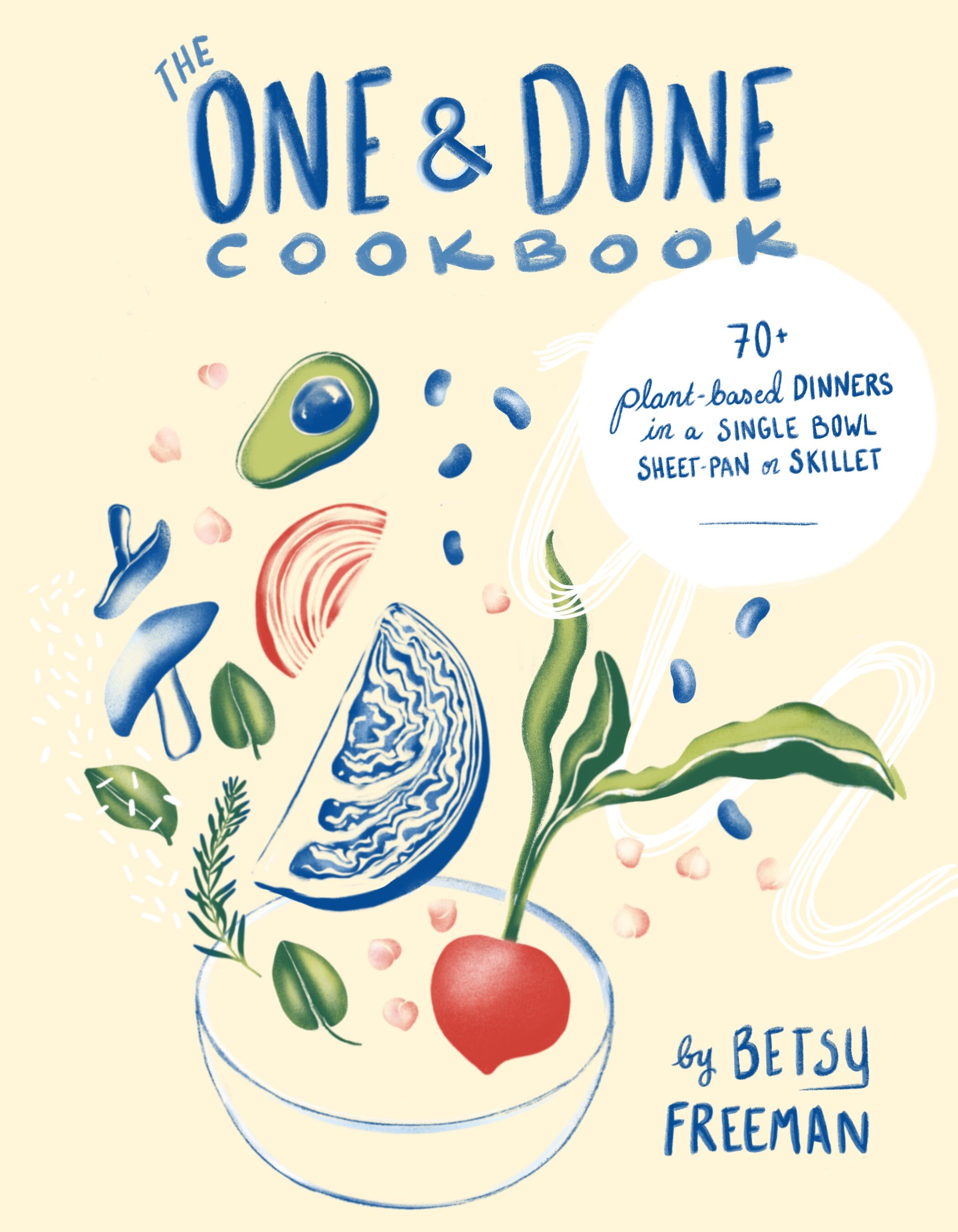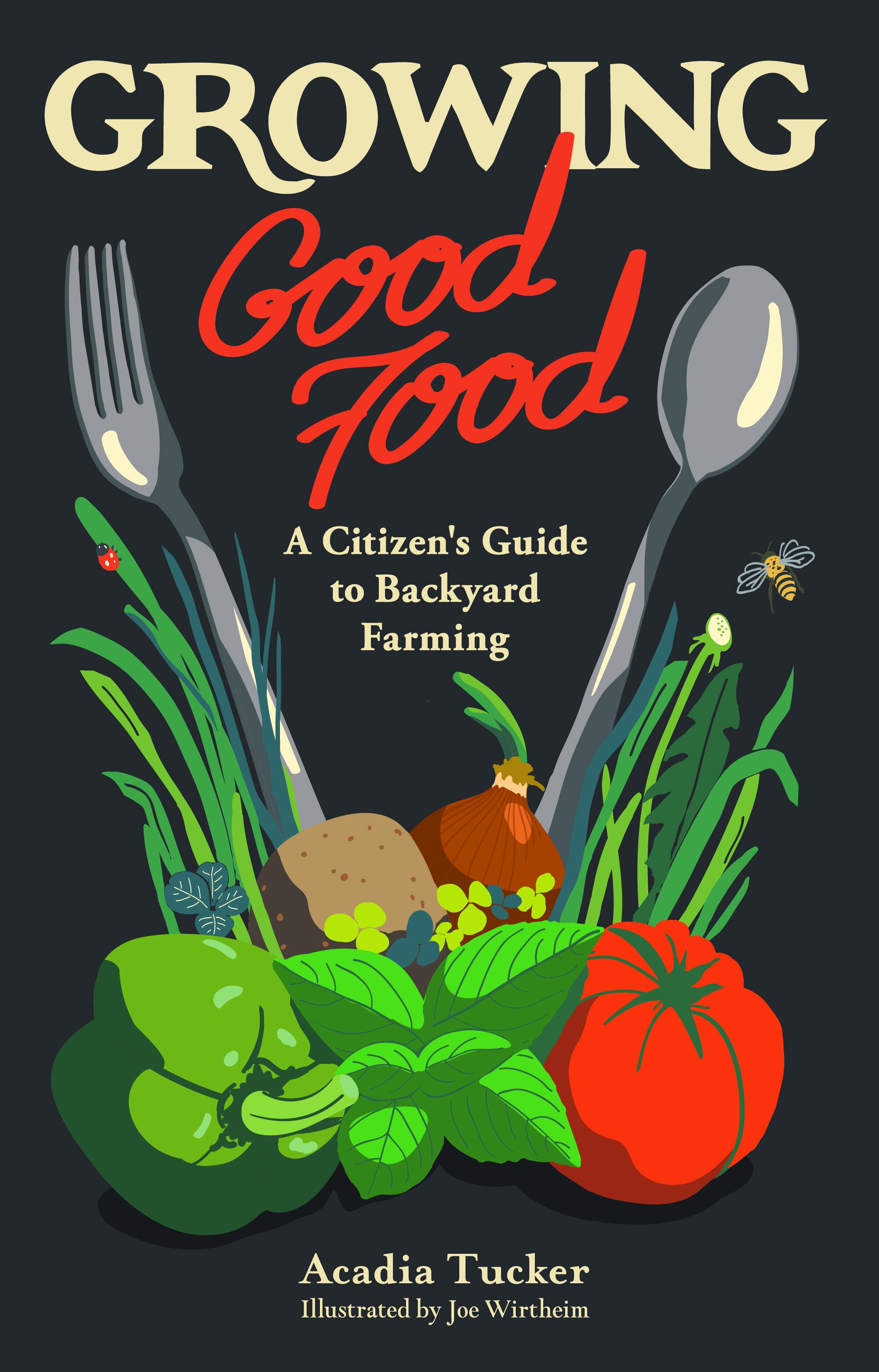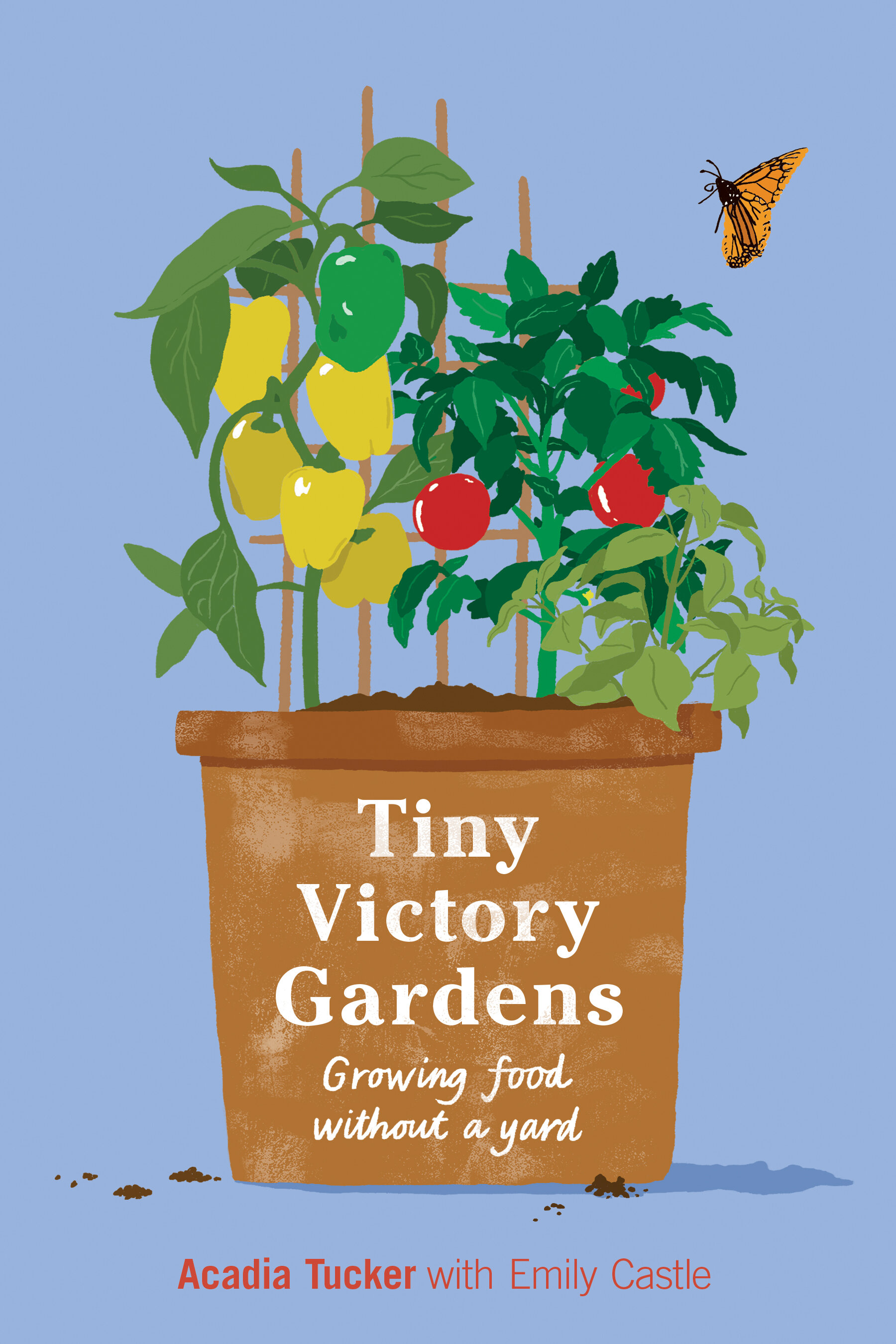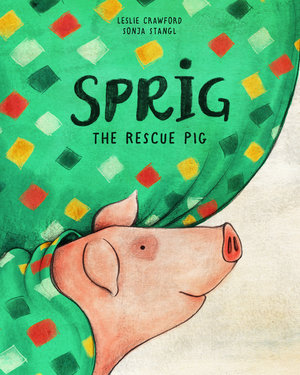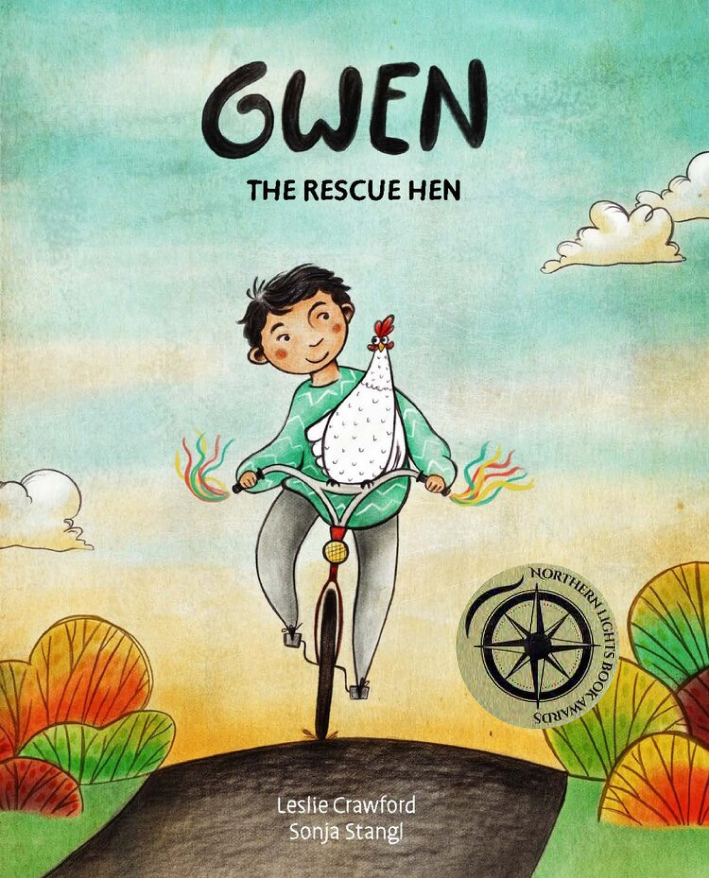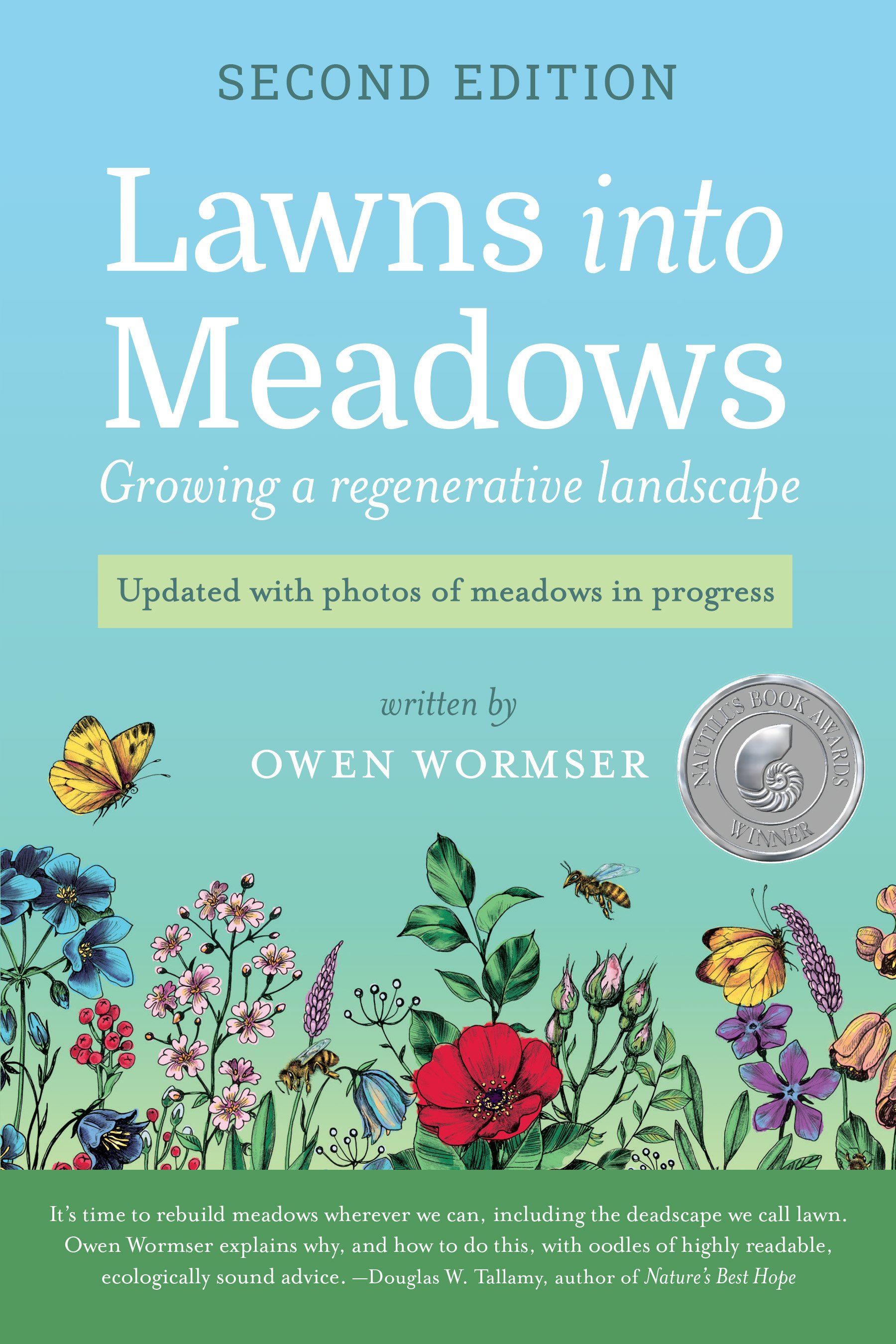Food justice warriors
Why Hunger is one among many organizations provide critical resources to fuel community solutions rooted in social, environmental, racial and economic justice. Photo source: Why Hunger
We've listed a few of the many food justice warriors working to strengthen Black and Hispanic communities by improving access to good and nutritious food. One more thing: Consider donating to Stacey Abram's organization, Fair Fight, which works to make sure everyone can exercise their constitutional right to vote and be counted in elections that are well and fairly run. We need this.
Black Church Food Security Network. Based in Baltimore but operating nationally, the Black Church Food Security Network aims to support gardening and farming within Black churches. It establishes agricultural projects on church land, connects farmers to congregational markets, and creates maps of Black churches and surrounding neighborhoods to help better use resources. It also operates a directory of faith-based Black farmers across the East Coast, Midwest, and southeastern United States.
Black Urban Growers: An organization committed to building networks and community support for growers in both urban and rural settings. Through education and advocacy around food and farm issues, "we nurture collective Black leadership to ensure we have a seat at the table.” Since 2010, BUG has hosted an annual Black Gardeners and Urban Farmers conference in New York, and across the country.
Coalition of Immokalee Workers (CIW): What started in 1993 as a grassroots effort by Florida tomato farmworkers to achieve fair wages and better working conditions, has mushroomed into a nationally and internationally recognized organization. CIW has launched several innovative, worker-center programs, including the Fair Food Program, which was recognized by the Harvard Business Review as among the 15 "most important social-impact success stories of the past century."
Family Agriculture Resource Management Services F.A.R.M.S. provides legal assistance to Black farmers and landowners with limited resources and helps them hang onto their land. “Land loss is an epidemic that has plagued Black farmers and landowners. Every month, 30,000 acres of Black land ownership is lost.” It also tackles food insecurity by buying produce directly from farmers to be donated and distributed in low-income communities.
Farms to Grow, Inc.: The organization works with sustainable black and brown growers to create successful farms. It also make fresh produce available to low-income communities through a CSA program, educates children on where their food comes from, offers cooking classes, and runs a national network for growers, chefs, and health professionals.
Farmworker Justice: An advocacy group that works to give farmworkers the same rights that protect employees in other occupations. It provides legal advocacy, does policy work, and educates the population through media campaigns. Check out its Stories from the Field project to hear from farmworkers themselves.
Food Chain Workers Alliance: A coalition of organizations that protects the health and safety of food workers, who have been thrust in the role of "essential workers" during this pandemic. Its Good Food Purchasing Program has grown into a national program promoting worker and racial justice. In its policies and actions, the group prioritizes the local economy, environment, animal welfare, and nutrition.
Food First: A “people’s think tank” dedicated to ending the injustices that cause hunger and helping communities to take back control of their food systems. "We cannot create food justice in the US without dismantling racism and other forms of oppression in the food system and in the food movement itself.” The organization, founded in 1975, generates research and books it then leans on to help communities make social changes.
HEAL Food Alliance: HEAL works with organizations across the country to create food and agricultural systems that are healthy, fair, and accessible for all communities—including the people who grow our food. Its latest initiative focuses on protecting meatworkers. The alliance was formed in 2015 by the Union of Concerned Scientists, Food Chain Workers Alliance, Real Food Challenge, and the National Black Food and Justice Alliance and, today, includes 50 member organizations .
Slow Food USA: The organization recently updated its motto to include “Fair.” From its website: "All too often the voices of people of color, poor or low-income people and women are excluded from the mainstream food movement." It brings together stakeholders within its network to advocate at every level of government for policies that support a fairer food system. One of its current projects: a Slow Food Mutual Aid database that is a location-specific listing of community innovation and resources.
Soul Fire Farm: The farm is “committed to ending racism and injustice in the food system.” It runs racism training programs, delivers nutritious food to low-income communities, and supports young black farmers in multiple ways. The organization’s co-director, Leah Penniman wrote, Farming While Black, a guide for African-heritage growers. Green America recently published an article, Unearthing legacy black farmers, that features Soul Fire Farm, among others. The farm also has an extensive list of actions to take and organizations to support for food justice.
Why Hunger: Works for social justice by addressing the root causes of hunger and the deep inequities of poverty at the intersection of economic inequality, racism, health and the environment. One program is The Nourish Network for the Right to Food, which "works with emergency food providers, food access organizations, community health organizations and other grassroots and national allies to transform the charitable response to hunger in the U.S. into a more equitable and inclusive social justice movement that recognizes nutritious food as a human right."
Food Empowerment Project: Founded by a woman of color in 2007, Lauren Ornelas and the FEP seeks to create a more just and sustainable world by recognizing the power of one’s food choices, throughout the entire supply chain. They encourage healthy food choices that reflect a more compassionate society by spotlighting the abuse of animals on farms, the depletion of natural resources, unfair working conditions for produce workers, and the unavailability of healthy foods in low-income areas. They have created reports on food access, work for transparency in the cacao trade, and are currently running their Shame on Safeway campaign against a policy that blocks future grocery stores in low-income neighborhoods.
LOCAL ORGANIZATIONS
Appetite for Change: A Minneapolis group that uses food “as a tool to build health, wealth, and social change in North Minneapolis. We bring people together to learn, cook, eat, and grow food, creating change that lasts.” It runs youth and workforce development programs, social enterprises, and policy initiatives to break down the systemic barriers to healthy food and capital access. The group also hosts urban agriculture sites, weekly community cooking workshops, offers training and job opportunities, and operates several cafés and a farmers market.
Black Earth Farms: An "agroecological lighthouse organization made up of Pan-African and Pan-Indigenous farmers, builders, and educators" who train community members to build organic food systems throughout northern California's East Bay. The org grows, harvests, and delivers nutrient-dense free food to low-income, homeless, and food desert communities.
Brooklyn Movement Center: It’s working on food sovereignty and justice in by opening a black food co-op and teaching food justice. This is just one arm of a multi-faceted organization working towards black self-determination, local leadership, and a “solidarity economy” in central Brooklyn.
Detroit Black Community Food Security Network: Founded in 2006, the organization works to make sure the local urban agriculture movement is racially and socially inclusive. It operates organic urban farm sites, helms local food policy initiatives, and manages a cooperative food-buying program for community residents.
East Oakland Collective: “invested in serving the communities of deep East Oakland by working towards racial and economic equity.” It provides transportation to people so they can take advantage of its Feed the Hood program, a bi-monthly event to provide food for unhoused people in Oakland. It has focused on delivering meals during the pandemic, as well as offering food during the protests.
Front Line Farming: The org “creates greater equity across our food system on the Front Range of Colorado. We specifically seek to support and create greater leadership and access for women and people of color in our food systems. We achieve these goals through growing food, listening, educating, honoring land and ancestors, policy initiatives, and direct action.” The farm manages urban farm land and educates youth on growing food and healthy lifestyles.
Harlem Grown: its mission is to “inspire youth to lead healthy and ambitious lives through mentorship and hands-on education in urban farming, sustainability, and nutrition. Founded in 2011, we operate local urban farms, increase access to and knowledge of healthy food for Harlem residents, and provide garden-based development programs to Harlem youth.” Among other projects, org converts abandoned lots into urban agriculture facilities and operates 12 sites in the borough.
Hope Collaborative: it brings together agencies, organizations, and Oakland, California residents to improve food systems and the environment. Projects include improving the quality of school food, implementing healthy neighborhood campaigns and policies with the City of Oakland Planning Department, and turning corner and liquor stores into hubs of nutritious food.
Northeast Farmers of Color Land Trust: works “to advance land sovereignty in the northeast region through permanent and secure land tenure for Indigenous, Black, Latinx, and Asian farmers and land stewards who will use the land in a sacred manner that honors our ancestors dreams, for sustainable farming, human habitat, ceremony, native ecosystem restoration, and cultural preservation.”
Planting Justice: A California-based grassroots organization that fights structural inequalities in the food system, especially discrimination against low-income communities of color. It has planted hundreds of community gardens and provides food justice education. It is building training centers to increase the scale of the work.
Rid-All Green Partnership: Cleveland-based, the org grows good food, creates jobs, and builds healthy, green neighborhoods for black communities. It creates and sells “black gold” healthy soil, runs an urban farm and acquaponics center, and educates adults and youth under its “Green ‘n the Ghetto” banner, including training on how to turn urban fields into productive farms.
The Ron Finley Project: in Los Angeles, the project “envisions a world where gardening is gangsta, where cool kids know their nutrition and where communities embrace the act of growing, knowing and sharing the best of the earth’s fresh-grown food.” It aspires to turn food deserts into food forests, transforming vacant lots and unused spaces into community gardens.
We will continue to update this page. Feel free to email team@stonepierpress with additional resources you’d like to share.


